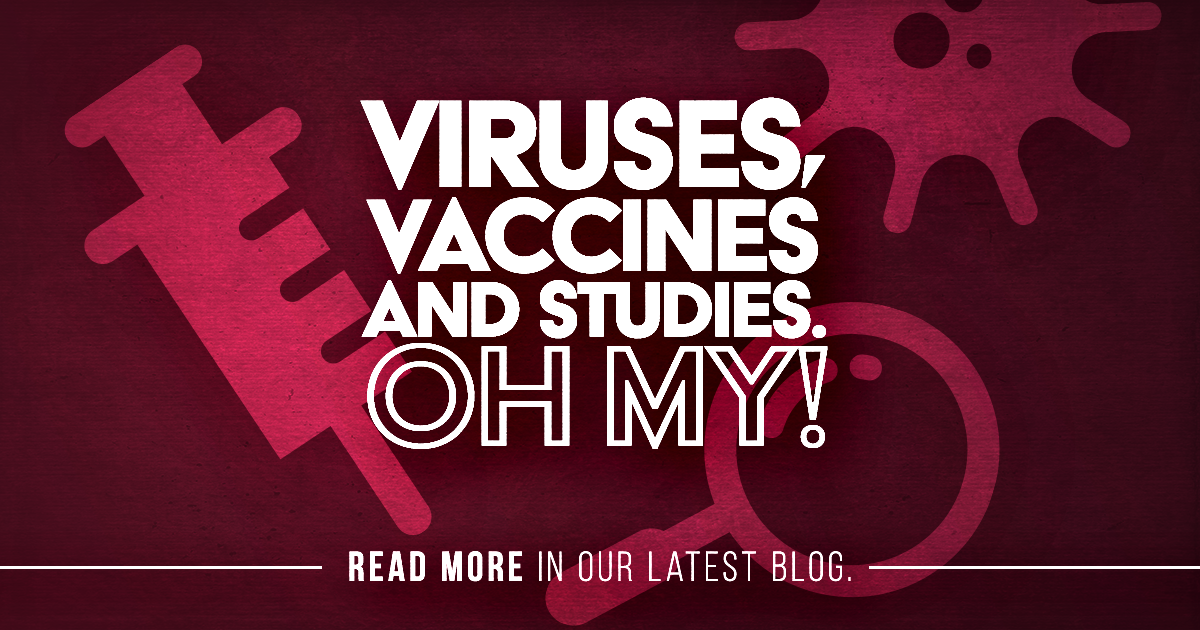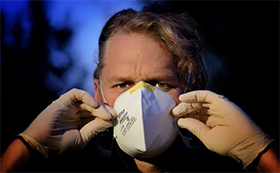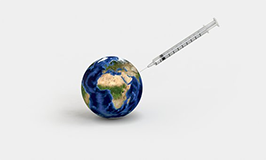Chances are, there’s not a day that goes by where you don’t hear the words coronavirus. The virus has gripped the world, leaving many glued to their television sets, phones, or other communication devices. With substantial evidence contributing to the fear, the false information floating around further compounds the issue. Through reliable sources, we have the answers to the basics of the coronavirus and how vaccines can protect us against it.
Coronavirus Explained
Coronaviruses (CoV) are a large family of viruses. They cause illnesses that range in severity from a common cold to more serious diseases such as Severe Acute Respiratory Syndrome (SARS-CoV). The coronavirus we know is called “coronavirus disease 2019” and is abbreviated as COVID-19.
Respiratory symptoms, fever, cough, shortness of breath, and difficulty breathing are among the common signs. In severe cases, pneumonia, severe acute respiratory failure, kidney failure, and even death can result. Persons with compromised immune systems, the elderly, the very young, and those with chronic underlying medical conditions have a higher risk for developing the more severe form.
How COVID-19 Spreads
COVID-19 was transferred initially from specific animals to humans. It is still very new, so health officials are still learning more about all of the ways it spreads, and the ease of which it does so. What we do know is:
- Person to Person Spread– This is the primary way it is believed COVID-19 travels. People who are in close contact with someone infected, about 6 feet. Virus-infected respiratory droplets from a cough or sneeze land in the mouth or noses of people nearby or are inhaled.
- Contaminated Objects or Surfaces-Those same droplets also can land on objects or surfaces. If you touch those same surfaces and then touch your eye, inside the nose, or mouth, it can be transferred that way as well. How long the virus lives on objects and surfaces is still being studied.
How Vaccines Work
Vaccines pick up where good personal, home, and public hygiene leave off. These practices only help slow or stop the spread of the illnesses; they don’t prevent them. Vaccines are made of weak or dead parts of the disease and work within our body to help our immune system fight infections faster and more effectively. When you get a vaccine, it triggers your immune system and antibodies go to work to attack, weaken, and destroy the weakened disease that was inside the vaccine.
Your immune system then remembers the germ, so if it ever reencounters it, it knows precisely what to do to fight it. This is called immunity.
Vaccine Research
As with all FDA approved medication available today, investigational vaccines rely on clinical trials and volunteers to participate in them to determine their safety and effectiveness. In 2016, Dr. Peter Hotez and his team of scientists in Texas helped develop a vaccine to protect against a deadly strain of coronavirus. However, due to the lack of funding and the amount of time that had passed since the initial outbreak in China, it was never able to be tested.
Now, with the stakes even higher, multiple pharmaceutical companies are working on vaccines, with the first vaccine trial in the U.S. for COVID-19 to start in late April. To learn how you can get involved in helping to advance medicine, click here to search for opportunities in your area!
References:
https://www.who.int/news-room/q-a-detail/q-a-coronaviruses




